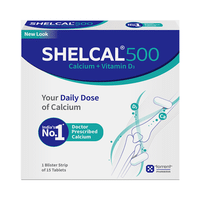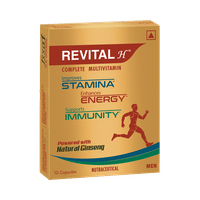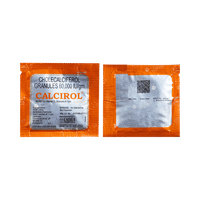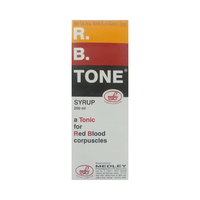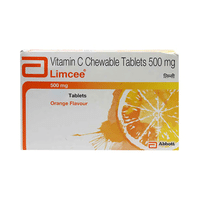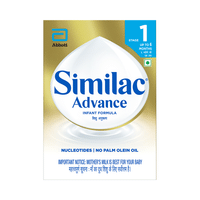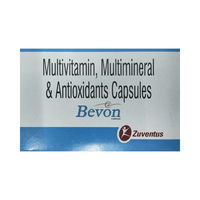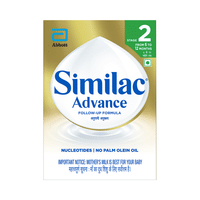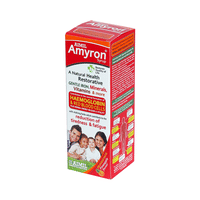Rs.217for 1 strip(s) (10 tablets each)
food interaction for Sevedoc Tablet
alcohol interaction for Sevedoc Tablet
pregnancy interaction for Sevedoc Tablet
lactation interaction for Sevedoc Tablet
food
alcohol
pregnancy
lactation
Sevedoc 400 Tablet is to be taken with food.
None
None
CAUTION
It is not known whether it is safe to consume alcohol with Sevedoc 400 Tablet. Please consult your doctor.
CONSULT YOUR DOCTOR
Sevedoc 400 Tablet may be unsafe to use during pregnancy. Although there are limited studies in humans, animal studies have shown harmful effects on the developing baby. Your doctor will weigh the benefits and any potential risks before prescribing it to you. Please consult your doctor.
CONSULT YOUR DOCTOR
Sevedoc 400 Tablet is probably safe to use during breastfeeding. Limited human data suggests that the drug does not represent any significant risk to the baby.
SAFE IF PRESCRIBED
SALT INFORMATION FOR Sevedoc 400mg Tablet
Sevelamer(400mg)
Sevedoc tablet uses
{med_name} is used in the treatment of High phosphate levels in blood. It is used in patients with kidney problems and on dialysis.
How sevedoc tablet works
Sevedoc 400 Tablet inhibits the absorption of phosphate from the intestine and lower the phosphate levels in the blood.
Common side effects of sevedoc tablet
Abdominal pain, Diarrhea, Flatulence, Vomiting, Constipation, Nausea, Hypersensitivity
SUBSTITUTES FOR Sevedoc Tablet
125 Substitutes
125 Substitutes
Sorted By
 Rs. 96save 56% more per Tablet
Rs. 96save 56% more per Tablet Rs. 72save 68% more per Tablet
Rs. 72save 68% more per Tablet Rs. 128save 43% more per Tablet
Rs. 128save 43% more per Tablet Rs. 431.25pay 91% more per Tablet
Rs. 431.25pay 91% more per Tablet Rs. 194save 44% more per Tablet
Rs. 194save 44% more per Tablet
Expert advice FOR Sevedoc Tablet
- Sevelamer is used to control blood phosphate level in patients that are on dialysis treatment.
- You must take it with food and stick to the diet prescribed by your doctor.
- You may develop low levels of calcium, folic acid, and vitamins A,D,E, and K in your blood. Your doctor may prescribe supplements, if necessary.
- Avoid taking any other medicine 1 hour before or 3 hours after taking Sevelamer.
- Inform your doctor if you have nausea, vomiting, constipation, pain in the abdomen, or if you have undergone any major stomach surgery.
- Sevelamer is used to control blood phosphate level in patients that are on dialysis treatment.
- You must take it with food and stick to the diet prescribed by your doctor.
- You may develop low levels of calcium, folic acid, and vitamins A,D,E, and K in your blood. Your doctor may prescribe supplements, if necessary.
- Avoid taking any other medicine 1 hour before or 3 hours after taking Sevelamer.
- Inform your doctor if you have nausea, vomiting, constipation, pain in the abdomen, or if you have undergone any major stomach surgery.
Frequently asked questions FOR Sevedoc 400mg Tablet
Sevelamer
Q. Is Sevedoc 400 Tablet taken with food?
Yes, Sevedoc 400 Tablet can be taken with food. It is recommended to take 1-2 tablets (based on individual needs) thrice daily. It is important to take it with meals because Sevedoc 400 Tablet works by binding to phosphate from food. Take it exactly as advised by your doctor.
Q. Can Sevedoc 400 Tablet be crushed?
No, you should not crush, chew, or break Sevedoc 400 Tablet into pieces. You should swallow it as a whole with water.
Q. Why is it important for me to take Sevedoc 400 Tablet?
It is important to take Sevedoc 400 Tablet as patients undergoing dialysis cannot control the phosphate levels in their blood, especially after a meal. When the level of phosphate exceeds above the range in the blood, it may cause problems such as itchy skin, red eyes, high blood pressure, bone pain, and also increase the risk of fractures. These increased serum phosphate levels are reduced by Sevedoc 400 Tablet, as it binds phosphate from food in the digestive tract.














